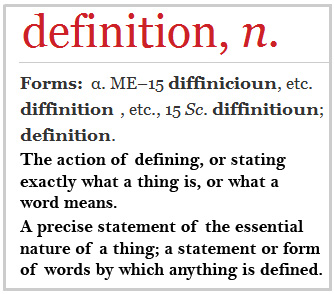![]()
Collage
The word collage is from the French. It literally means “pasting”, or “gluing”. The medium is about gluing images and objects to a basic background. The word is a noun which describes a type of amalgamated picture. It tends to be an abstract form of art. Originally the word indicated an artistic medium. Pieces of paper, newspaper, cuttings, photographs, drawings and almost any form of abstract or textured additions. The “collage” is normally an arrangement of the pieces. However, it’s common for there to be no logic in placing them. Alternatively, the logic for the arrangement of the pieces may lie in the artistic arrangement than to bring out the meaning of individual pieces. A collage can also be about the disarray of the images or elements in the work. The creation aims to be artful rather than realistic.
A collage – not montage
In terms of photography a collage should be separated from the idea of a photomontage. The Oxford English Dictionary draws the distinction about the term “collage” in the following citation:
Before embarking on the making of a photomontage, it should be understood that the term refers to a photographic process entirely and not to the scissors-and-paste method (known as collage) practiced by some in the name of photomontage.
J. Deschin “New Ways in Photography”; 1936
This shows the use of ‘collage’ to refer to a multi-image composite of photos is incorrect. A multi-image graphic created by a photographic or digital process is a photomontage. The latter is normally a series of images presented as separate pictures as part of a theme or artfully arranged with artistic intent.
It appears, the definitive use of collage lies is the method of creation. This appears to be supported by another OED citation…
The technique of ‘collage’ would be improperly described as a photographic process.
Alan Pryce-Jones (editor) “The new outline of modern knowledge”; 1956
Collage vs. Photomontage
The term “collage” is historically incorrect with respect to photography. However, it is used in modern every day speech. This may be part of the evolution of language. The difference lies in two separate methods of creation. The guide to correct use of the term lies in the preparation, content and organisation of the piece.
The collage tends to be an artful, illogical, arrangement. The pictures in it are about art, texture, arrangement or pattern. Traditional collage uses cut or torn shapes, objects and pieces laid out for overall impact. The individual parts have no particular value in their own right.
The photomontage by comparison, is an arrangement of photos to show off a common theme in the included pictures. Each separate picture has a value in its own right and in the overall scheme of the montage. However, the layout depends on graphic art rather than classic art. Remember, photos are likely to have a regular shape. This differs in the collage art form, where the pictures are cut or torn to fit the space.
A final word…
One way to tell if you have a photographic collage is the count of pictures involved in the final presentation. It will use multiple elements to create one final picture. Whereas, the a montage will use multiple pictures to convey its overall meaning or story (even though it may be presented on one graphic).
Diptych
Triptych
Quadtych
Polyptych
Photomontage
Photomosaic
Google search: photomozaic – select ‘images’ to see examples
Google search: photomontage – select ‘images’ to see examples

Damon Guy (Netkonnexion)
Damon is a writer-photog and editor of this site. He has run some major websites, a computing department and a digital image library. He started out as a trained teacher and now runs training for digital photographers.
See also: Editors ‘Bio’.
See also: Profile on Google+.
Contribute A Definition?
Send us a definition for our list of photographic words and phrases. Simply write a clear definition and send it in. Include an original picture if you can. Give us your name and a link to your website and we will credit your work.
 Photokonnexion tips by email
Photokonnexion tips by emailIf you enjoyed this article please sign up for our
daily email service.
Find out more…


Pingback: Researching surrealism – Margaux's learning log
Pingback: A belated birthday gift for my daughter | Scanning Negatives and Slides